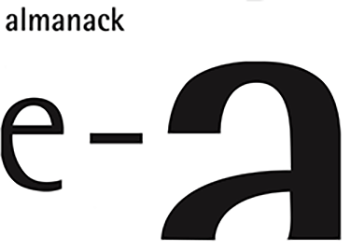Abstract
This article analyzes the construction of the 19th century Brazilian historiographic canon from the perspective of José Inácio da Abreu e Lima (1794-1869). The General and writer led some intellectual controversies throughout his career. In the dispute of a greater repercussion, he was accused of plagiarism and his Compêndio da História do Brasil (1843) was denied by the Brazilian Historic and Geographic Institute through Francisco Adolpho de Varnhagen (1816-1878) and Januário da Cunha Barbosa (1780-1846). In this text, we analyze this debate and argue that the position of Abreu e Lima - withdrawing from the literate circle linked to the institute after the discussion, and its critical and disharmonious historical-political position to the colonial past - was decisive for the 19th century historiographic canon, whose contents, imagery and forms of writing and research specific to the history of Brazil still reflect on the challenges of contemporary historiography.
Keywords:
History of Brazilian Historiography; colonial past; historical distance; José Inácio de Abreu e Lima; Francisco Adolpho de Varnhagen - IHGB
